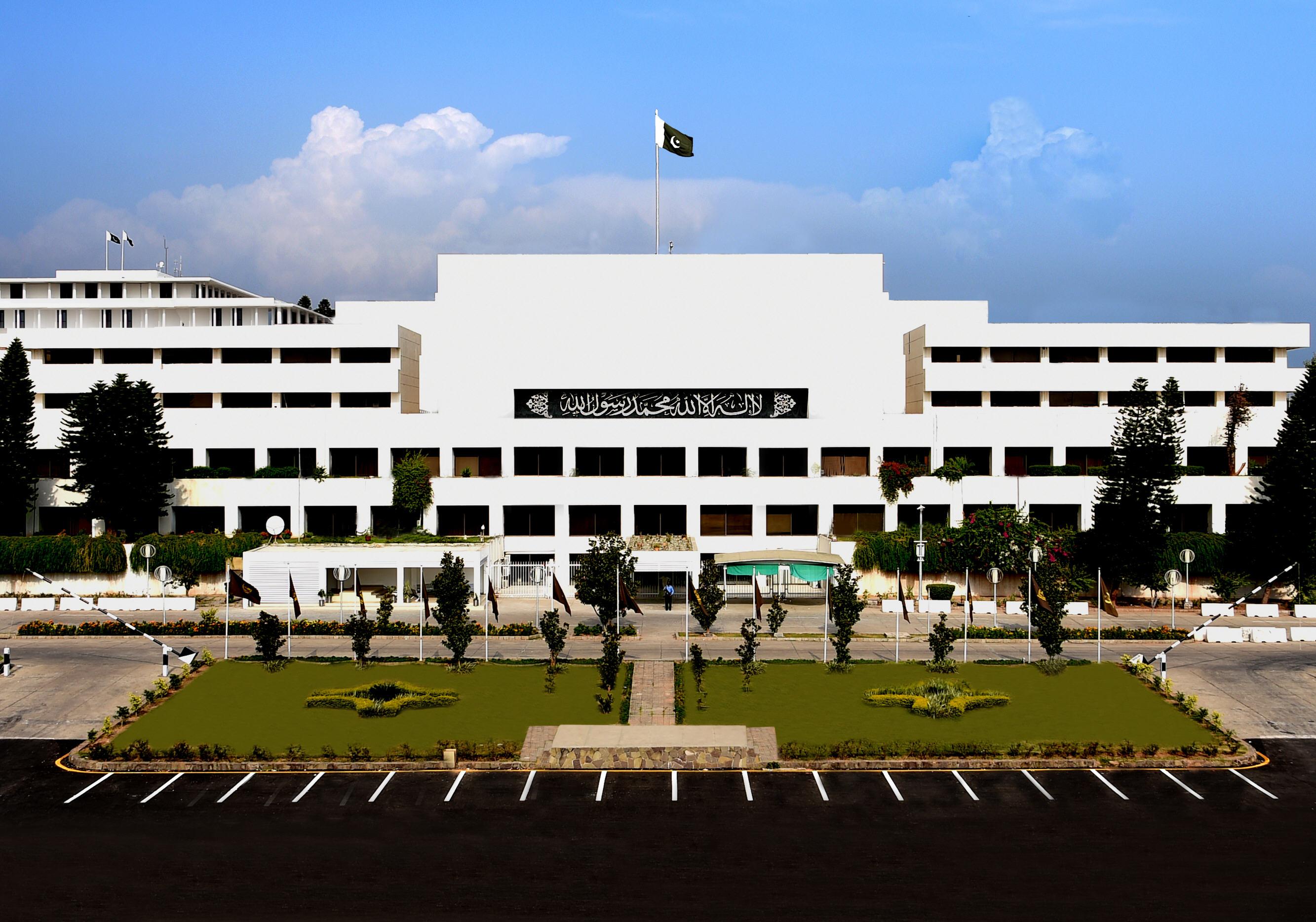Islamabad, 26 August (Hafeez Darvesh) The National Assembly of Pakistan unanimously passed the Islamabad Capital Territory (ICT) Local Government (Amendment) Bill, 2024 on Monday, despite opposition from the Sunni Ittehad Council (SIC), which leads the opposition benches. Senator Azam Nazeer Tarar, Minister for Law, Justice, and Parliamentary Affairs, informed the Assembly that the Standing Committee had given unanimous approval to the bill concerning local body elections in Islamabad.
Tarar explained that while the conduct of local body elections falls under the Election Commission of Pakistan (ECP), the government had no control over the process. He acknowledged that there have been delays in holding the elections and added that under Article 140-A of the Constitution, it is the ECP's responsibility to conduct local elections.
SIC Member of the National Assembly (MNA), Mohammad Atif Khan, expressed concern over repeated postponements of local elections in the federal capital. He urged the government to guarantee that the elections would not face further delays.
Pakistan Muslim League-Nawaz (PML-N) MNA, Tariq Fazal Chaudhry, pointed out that issues remained unresolved after the last local elections in 2015. He suggested the introduction of a "London model" of local governance to enhance administrative efficiency in Islamabad.
Meanwhile, SIC MNA Barrister Gohar Ali Khan raised questions about the application of Article 140 of the Constitution, arguing that while it governs local elections in the provinces, it lacks clarity on how elections in the federal capital should be managed.
MNA Dr. Farooq Sattar of the Muttahida Qaumi Movement-Pakistan (MQM-P) praised the discussion on Article 140-A but expressed confusion over why electoral amendments in Islamabad were being prioritized when electoral reforms in the provinces were still incomplete.
Background of Local Government in Islamabad
Islamabad's local government system was established under the ICT Local Government Act of 2015, which was passed to ensure better governance and public service delivery in the capital city. Prior to this, Islamabad was largely governed by federal ministries and departments. The 2015 elections marked the first time that local bodies were elected in the capital. However, governance issues and delays in subsequent elections have often hindered progress on local government reforms in the city. The 2024 amendment seeks to address these challenges and streamline the election process for local governance in Islamabad.

